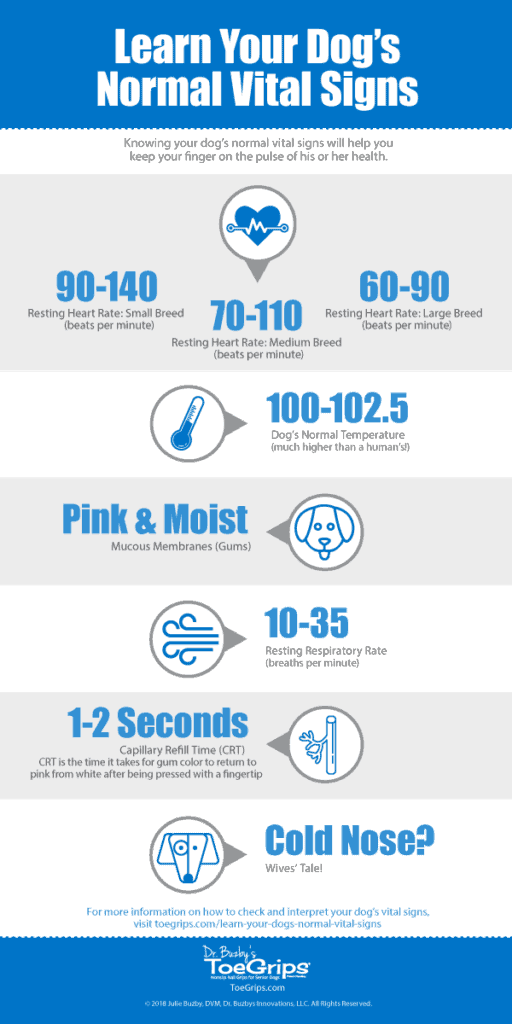Have you ever wondered just how fast a chihuahua’s heart rate can be? These adorable little dogs may surprise you with their incredibly high heart rates. While the average resting heart rate for humans is around 60-100 beats per minute, chihuahuas can have heart rates that far exceed that. So, just how fast does a chihuahua’s heart rate go?
Chihuahuas have the highest heart rate of all dog breeds, with an average resting heart rate between 100-140 beats per minute. This is significantly faster than the average dog’s heart rate, which typically falls between 60-100 beats per minute. The small size of chihuahuas, combined with their high metabolism and energetic nature, contributes to their rapid heart rhythms. It’s important for chihuahua owners to keep an eye on their pet’s heart rate and monitor for any signs of heart problems or abnormalities. Regular check-ups with a veterinarian can help ensure the heart health of these pint-sized pups.

How Fast Does a Chihuahua Heart Rate?
Chihuahuas are known for their small size and big personalities. As a responsible pet owner, it’s important to understand the health needs of your furry friend, including their heart rate. In this article, we will explore the average heart rate of a Chihuahua, factors that can affect their heart rate, and how to monitor it for their overall well-being.
The Average Heart Rate of a Chihuahua
A Chihuahua’s heart rate can vary depending on factors such as age, size, activity level, and overall health. On average, a healthy adult Chihuahua will have a resting heart rate of 100 to 140 beats per minute (bpm). However, it’s essential to note that puppies and younger Chihuahuas tend to have a higher heart rate, often ranging from 120 to 160 bpm.
Factors That Affect a Chihuahua’s Heart Rate
Several factors can influence a Chihuahua’s heart rate. Exercise and activity level play a significant role. Just like humans, when a Chihuahua engages in physical activity, their heart rate increases to meet the increased demand for oxygen in their muscles. Stress and anxiety can also cause a spike in heart rate. Additionally, certain health conditions, medications, and age-related changes can affect a Chihuahua’s heart rate.
Monitoring a Chihuahua’s Heart Rate
Regularly monitoring your Chihuahua’s heart rate is important for their overall health. To check their heart rate, gently place your hand on their chest, just behind their front legs. You should be able to feel their heartbeat. Count the number of beats you feel in 15 seconds and multiply that by four to get the beats per minute. Another method is by using a pet heart rate monitor, which can provide more accurate measurements.
How to Keep Your Chihuahua’s Heart Healthy
Keeping your Chihuahua’s heart healthy is crucial for their well-being. Here are a few tips to promote a healthy heart:
1. Regular exercise: Engaging in regular physical activity helps keep your Chihuahua’s heart strong and their weight in check.
2. Balanced diet: Feed your Chihuahua a nutritious, balanced diet that is appropriate for their age, size, and health condition. Consult with your veterinarian to determine the best diet for your furry friend.
3. Regular veterinary check-ups: Schedule regular check-ups with your veterinarian to monitor your Chihuahua’s heart health and catch any potential issues early.
4. Stress management: Minimize stressors in your Chihuahua’s environment and provide them with a safe, comfortable space.
5. Dental care: Good dental hygiene is essential for overall health, including heart health. Brush your Chihuahua’s teeth regularly and schedule professional cleanings when necessary.
6. Avoiding smoking: Exposure to secondhand smoke can be detrimental to your Chihuahua’s heart health. Keep them away from smoking areas and ensure a smoke-free environment.
Common Heart Conditions in Chihuahuas
Chihuahuas are prone to certain heart conditions, including:
1. Heart murmurs: These are abnormal sounds caused by turbulent blood flow within the heart. Regular check-ups with your veterinarian can help detect heart murmurs early.
2. Congenital heart disease: Some Chihuahuas are born with structural abnormalities in their heart. Regular monitoring and early intervention are essential in managing this condition.
In some cases, medication, lifestyle changes, or, in severe cases, surgery may be necessary to manage heart conditions in Chihuahuas. Always consult with your veterinarian for proper diagnosis and treatment options.
In conclusion, understanding a Chihuahua’s heart rate and how to maintain their heart health is crucial for their overall well-being. Regular monitoring, a healthy lifestyle, and regular veterinary check-ups can help ensure a healthy heart for your beloved Chihuahua. Remember to prioritize their heart health to keep them happy and thriving for years to come.
Key Takeaways: How Fast Does a Chihuahua Heart Rate?
- Chihuahuas have a faster heart rate than larger dog breeds.
- On average, a healthy chihuahua’s heart rate ranges from 100 to 160 beats per minute.
- Heart rate can vary depending on factors like age, activity level, and stress.
- It’s important to monitor your chihuahua’s heart rate regularly to ensure their overall health.
- If you notice any abnormal changes in your chihuahua’s heart rate, consult a veterinarian for guidance.
Frequently Asked Questions
Welcome to our FAQ section on the heart rate of chihuahuas! Below, you’ll find answers to common questions regarding how fast a chihuahua’s heart rate can be. Read on to learn more about these adorable little dogs.
1. What is the average heart rate of a chihuahua?
A chihuahua’s average heart rate is typically between 100 and 140 beats per minute. However, factors such as the dog’s age, size, and activity level can affect their heart rate. Puppies tend to have faster heart rates than adult chihuahuas, with rates averaging around 120 to 160 beats per minute.
It’s important to remember that these are just averages, and individual chihuahuas may have heart rates slightly above or below these ranges. If you notice any significant changes or concerns about your chihuahua’s heart rate, it’s always best to consult with a veterinarian.
2. Can a chihuahua’s heart rate increase during exercise or excitement?
Yes, a chihuahua’s heart rate can increase during exercise or moments of excitement. Just like humans, dogs experience an elevated heart rate when they engage in physical activity or become excited or stressed. The heart works harder to pump oxygen-rich blood to the muscles and tissues, leading to an increased heart rate.
It’s common for a chihuahua’s heart rate to temporarily rise during play or vigorous exercise. However, it should return to their average resting heart rate once they calm down and relax. If you notice that your chihuahua’s heart rate remains high even when at rest, it’s advisable to seek veterinary attention to rule out any underlying health conditions.
3. What can cause an abnormally fast heart rate in a chihuahua?
Several factors can contribute to an abnormally fast heart rate in a chihuahua. Common causes include stress, anxiety, pain, fever, dehydration, heart disease, or certain medications. External factors like extreme weather conditions or exposure to irritants can also elevate a chihuahua’s heart rate temporarily.
If you suspect that your chihuahua’s heart rate is consistently higher than normal, or if they appear unwell or exhibit other symptoms such as difficulty breathing or fainting, it’s crucial to consult a veterinarian for a proper diagnosis and appropriate treatment.
4. Can a chihuahua’s heart rate be too slow?
While it’s more common for a chihuahua’s heart rate to be faster, it is possible for their heart rate to be too slow. Bradycardia, the medical term for a slow heart rate, can occur due to various reasons, including certain medications, low body temperature, electrolyte imbalances, or underlying heart conditions.
If you notice that your chihuahua has a consistently low heart rate, especially if they display symptoms like lethargy, weakness, or fainting, it’s essential to seek veterinary attention. A veterinarian can thoroughly evaluate your chihuahua’s health and determine the underlying cause of the bradycardia.
5. How can I monitor my chihuahua’s heart rate at home?
Monitoring your chihuahua’s heart rate at home can be done by placing your hand on their chest, just behind their front leg. You should be able to feel their heartbeat. Count the number of beats you feel within a 15-second interval, then multiply that number by four to get their heart rate per minute.
Alternatively, you can use a pet-specific heart rate monitor, which is a more accurate method. These monitors typically come in the form of a collar or a chest strap with sensors that detect the heart rate. Always consult with your veterinarian for advice on monitoring your chihuahua’s heart rate and any concerns you may have.

